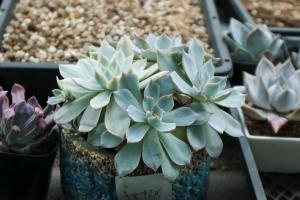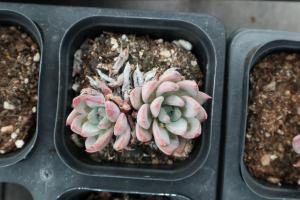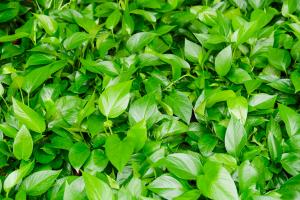Introduction:
Lemon trees provide a fragrant and vibrant pop of color to any garden, while also producing delicious, nutritious fruit. But with so many varieties to choose from, what is the best lemon tree to plant? This article will explore some of the most popular options available, weighing each one’s pros and cons so you can make an informed decision about the ideal lemon tree for your space and needs.
1. Eureka Lemon Tree:
As one of the most commonly planted lemon trees, the Eureka variety is an excellent choice for beginners. It is hardy and easy to care for, with a dependable crop of medium-sized, juicy lemons. Eurekas produce fruit year-round in moderate climates but may go dormant in colder regions. Additionally, these trees are thornless, making harvesting a breeze.
2. Meyer Lemon Tree:
The Meyer lemon tree is another popular option, known for its sweeter, less acidic fruit. Meyer lemons are a cross between a lemon and an orange or mandarin, resulting in a fruit that is delightfully juicy and flavorful. These trees are also smaller, making them ideal for container gardening or patio spaces. However, Meyers are less hardy than Eurekas and may require extra protection in colder climates.
3. Lisbon Lemon Tree:
If you live in a warmer climate and want a high-yield lemon tree, consider planting a Lisbon variety. These trees are highly productive, with a robust crop of large, tart lemons that ripen in the winter months. Lisbon lemon trees are also thorny, making them a more challenging option for harvesting, but these lemons are worth the trouble for their exceptional flavor and juice quality.
4. Improved Meyer Lemon Tree:
As the name suggests, the Improved Meyer lemon tree is a hybrid of the Meyer and Eureka varieties, combining the best traits of each. This tree produces large, juicy lemons with a milder flavor than the Eureka but with less sweetness than the Meyer. The Improved Meyer is also relatively disease-resistant and hardy, making it a great all-around option for any gardener.
5. Ponderosa Lemon Tree:
For those seeking a lemon tree with a unique flavor and larger fruits, the Ponderosa lemon tree is an exciting option. These lemons can grow to over a pound in weight, with a thick rind and mild, sweet flesh. However, Ponderosas are slower-growing and less productive than other varieties, making them a less popular choice for commercial growers.
Conclusion:
Choosing the best lemon tree for your needs ultimately comes down to climate, personal taste, and garden size. If you’re a beginner or want a reliable and straightforward option, the Eureka or Improved Meyer varieties are excellent choices. For those in warmer climates seeking larger, tart lemons, Lisbon is an excellent option, while those in milder areas may prefer the milder, sweeter Meyers. Finally, the Ponderosa is perfect for those who want to try something out of the ordinary. Hopefully, this article has given you enough information to make an informed decision about which lemon tree to plant!

 how many times do yo...
how many times do yo... how many planted tre...
how many planted tre... how many pine trees ...
how many pine trees ... how many pecan trees...
how many pecan trees... how many plants comp...
how many plants comp... how many plants can ...
how many plants can ... how many plants and ...
how many plants and ... how many pepper plan...
how many pepper plan...































